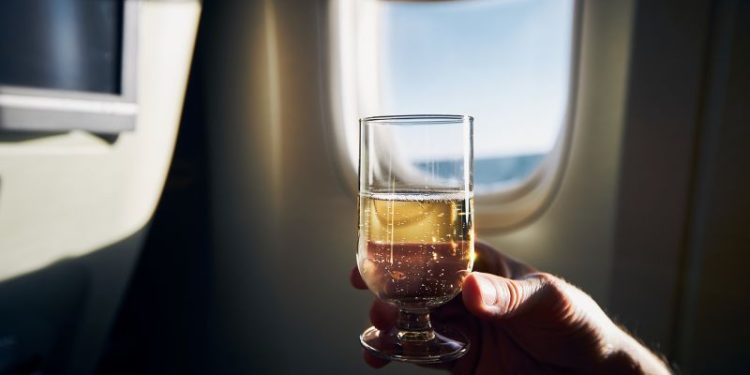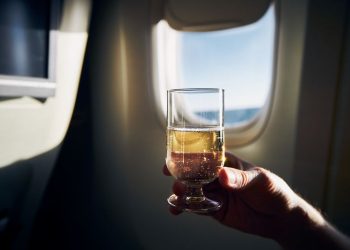The article Don’t Drink Before Your Nap on the Plane: It Could Hurt You Now and Later highlights the potential risks associated with consuming alcohol before taking a nap on a plane. While alcohol is often seen as a means to relax and unwind during flights, it is essential to consider its effects on sleep quality, overall well-being, and potential long-term consequences. Many travelers indulge in alcoholic beverages to help them sleep better on flights, but the reality is that alcohol can disrupt sleep patterns, leading to a less restful nap and impairing cognitive function upon waking.
The article emphasizes the importance of understanding the relationship between alcohol consumption and sleep quality. While alcohol may initially make you feel drowsy and relaxed, it can disrupt the body’s natural sleep cycles, resulting in fragmented and shallow sleep. This can leave you feeling groggy and fatigued after waking up from a nap, negating the benefits of resting during a flight. Moreover, the dehydration effects of alcohol can further exacerbate feelings of tiredness and discomfort during and after the nap.
In the long term, habitual alcohol consumption, especially before napping on flights, can have detrimental effects on physical and mental health. Chronic alcohol use is associated with a myriad of health issues, including disrupted sleep patterns, increased risk of mood disorders, cognitive impairment, and other chronic health conditions. By becoming more mindful of alcohol consumption habits, travelers can safeguard their well-being during and after flights and promote better overall health in the long run.
The article concludes by recommending alternative strategies to promote better sleep and relaxation during flights. Suggestions include staying hydrated with water, engaging in light stretching or relaxation exercises, using noise-canceling headphones or eye masks to create a more conducive sleeping environment, and avoiding excessive caffeine or alcohol consumption before napping. By adopting these healthy habits and paying attention to their well-being, travelers can enhance their flight experience and arrive at their destination feeling refreshed and rejuvenated.
In conclusion, the article serves as a valuable reminder to travelers about the potential risks of consuming alcohol before taking a nap on a plane. By understanding the implications of alcohol on sleep quality and overall health, individuals can make informed choices that prioritize their well-being and support a more comfortable and restful travel experience. Implementing healthier sleep practices and reducing reliance on alcohol can lead to better rest, improved cognitive function, and long-term health benefits for travelers around the world.












